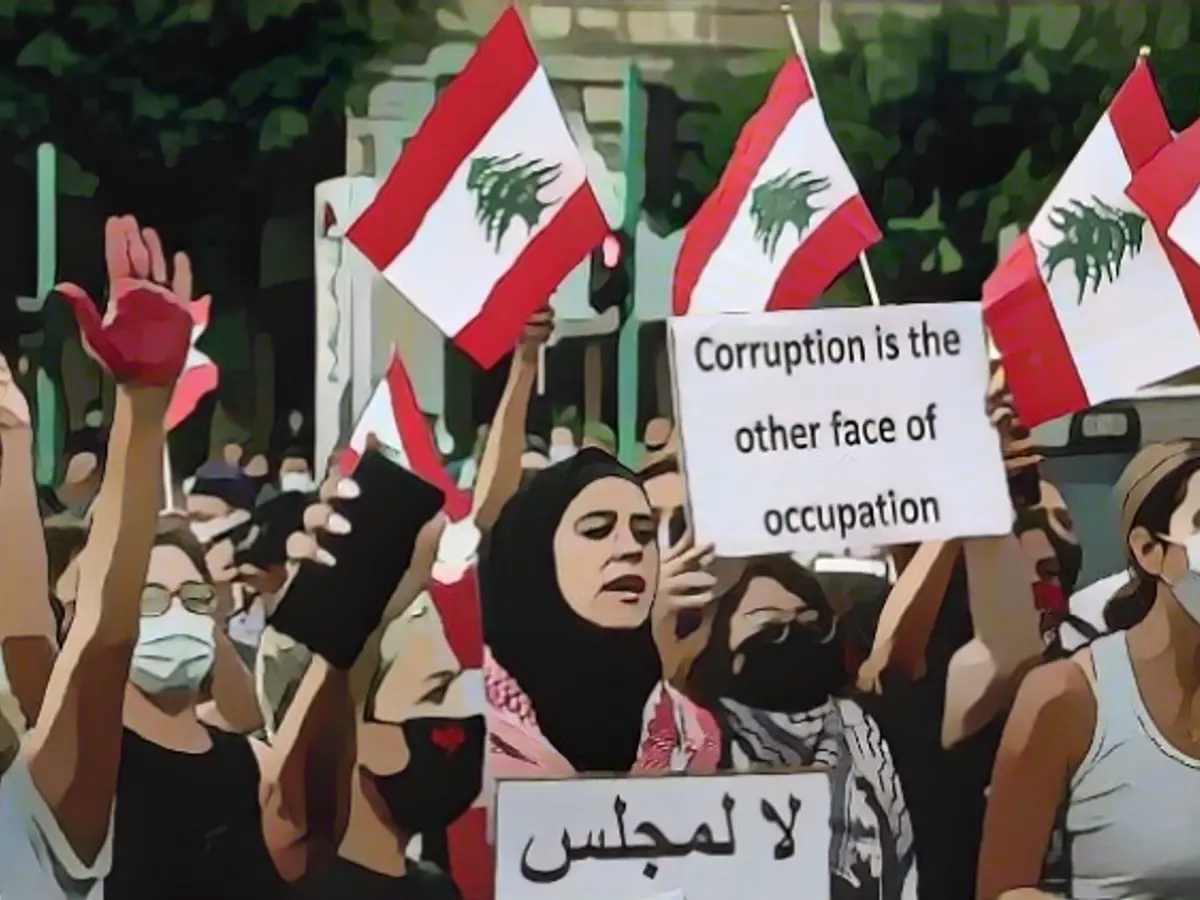The power cartel sits out the economic crisis
Beirut was once considered the "Paris of the Middle East". But those days are over. Lebanon has long been in the grip of a severe economic crisis. But the ruling elite is thinking first and foremost of itself. What role does Germany play?
When you think of Beirut, the images of 4 August 2020 quickly come to mind: around 2750 tons of ammonium nitrate exploded and reduced the port district to rubble. More than three years later, responsibility for the disaster is still being shifted back and forth. For Ralf Erbel, Lebanon expert at the Friedrich Naumann Foundation, this case is "symptomatic of the crisis in which Lebanon finds itself".
Erbel sums it up very directly in the new podcast episode: The country's political system "is corrupt, enriches itself, but does practically nothing for the population". It is based on the confessional proportional representation of the various religious communities. According to critics, Lebanese politicians do not always put the welfare of the population first, but rather their own community.
How can this system persist even though many Lebanese took to the streets years ago to protest against it? How exactly does the power cartel work? What role do we actually play in it?
The image of Germany is suffering
For a long time, Germany was perceived very positively from a Lebanese perspective, but recently the image of Germany in Lebanon has suffered. Yet we are the third largest donor of humanitarian aid and development cooperation after the USA and the EU. What has changed? What can we expect for the future? Host Mary Abdelaziz-Ditzow discusses these and many other questions with Lebanon experts Ralf Erbel and Andreas Böhm in the new podcast episode.
Andreas Böhm is a Middle East expert at the University of St. Gallen and has been studying the country for many years. Ralf Erbel, who is half-Lebanese, is currently head of the MENA and Sub-Saharan Africa department at the Friedrich Naumann Foundation. Previously, he was responsible for the foundation's work in Lebanon from the Jordanian capital Amman.
This episode is the second part of a double episode on Lebanon. The first part dealt with the current situation in the country and the potential for escalation in the Middle East due to the pro-Iranian Hezbollah militia.
Read also:
- Year of climate records: extreme is the new normal
- Precautionary arrests show Islamist terror threat
- Numerous oil, gas and coal lobbyists at climate conference
- COP28: Emirates announce fund for climate projects
Despite Lebanon's long-standing economic crisis, the ruling elite appears to prioritize their own interests over the population's welfare. This was exemplified in the 2020 Beirut port explosion, which left the port district in ruins and responsibility unclear. Ralf Erbel, a Lebanon expert, described Lebanon's political system as "corrupt" and "enriches itself," often putting their own community first.
The pro-Iranian Hezbollah militia plays a significant role in Lebanon's political landscape. In the first part of the recent podcast episode, the Middle East experts Ralf Erbel and Andreas Böhm discussed Hezbollah's influence, raising concerns about the potential for escalation in the Middle East.
Source: www.ntv.de








